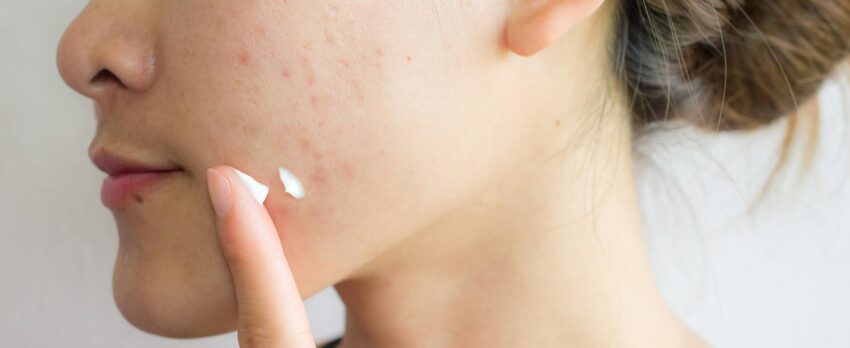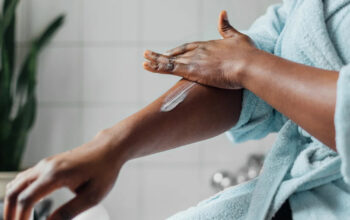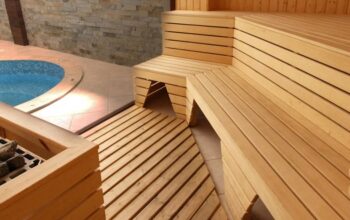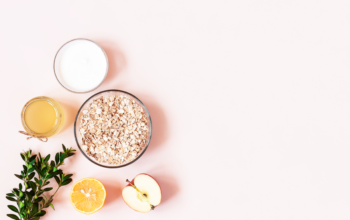If you have oily and acne-prone skin, it can be challenging to keep it looking healthy and clear. Your skin produces more sebum than necessary, which can lead to clogged pores and acne breakouts. However, with the right skincare routine and products, you can control oil production and reduce acne. In this article, we’ll cover essential skin care tips for oily and acne-prone skin.
Understanding Oily and Acne-Prone Skin
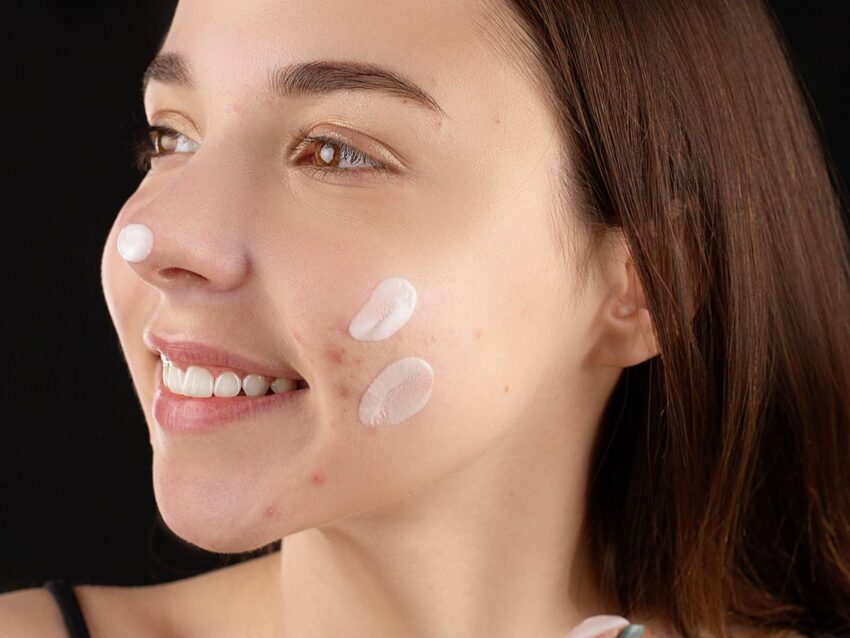
Before we delve into skincare tips, let’s first understand what oily and acne-prone skin is. Oily skin occurs when the sebaceous glands in your skin produce an excessive amount of sebum, which makes your skin look shiny and greasy. Acne-prone skin is when you’re more prone to develop acne breakouts due to clogged pores, excess oil, and bacteria on your skin.
Cleansing Your Skin
Cleansing your skin is an essential step in any skincare routine, but it’s especially crucial for oily and acne-prone skin. You want to remove excess oil, dirt, and makeup from your skin without stripping it of its natural oils. Look for a gentle, non-comedogenic cleanser that doesn’t contain harsh ingredients like sulfates or alcohol. Some ingredients to look for include salicylic acid, benzoyl peroxide, and glycolic acid, which can help unclog pores and reduce acne breakouts.
Exfoliating Your Skin
Exfoliation helps remove dead skin cells, which can clog your pores and lead to acne breakouts. However, you don’t want to over-exfoliate your skin, as it can irritate and inflame it. Aim to exfoliate your skin once or twice a week with a gentle exfoliator that contains alpha or beta hydroxy acids. These acids can help dissolve excess oil and dead skin cells without irritating your skin.
Moisturizing Your Skin
Moisturizing your skin is essential, even if you have oily and acne-prone skin. When you don’t moisturize your skin, it can become dehydrated, which can lead to your skin producing more oil to compensate. Look for a lightweight, oil-free moisturizer that doesn’t clog your pores. Ingredients like hyaluronic acid and niacinamide can help hydrate your skin without adding extra oil.
Using Sunscreen
Sunscreen is an essential part of any skincare routine, regardless of your skin type. However, it can be challenging to find a sunscreen that doesn’t leave your skin feeling greasy or clog your pores. Look for a lightweight, oil-free sunscreen with an SPF of 30 or higher. You can also look for a sunscreen that contains zinc oxide or titanium dioxide, which is less likely to clog your pores.
Using Acne Treatments
If you have acne-prone skin, you may want to use acne treatments to help reduce breakouts. Look for products that contain salicylic acid or benzoyl peroxide, which can help unclog pores and kill acne-causing bacteria. However, be careful not to overuse these products, as they can irritate and dry out your skin.
Avoiding Harsh Products
When you have oily and acne-prone skin, it’s essential to avoid using harsh products that can irritate your skin. Avoid products that contain alcohol, fragrances, or essential oils, as these can strip your skin of its natural oils and cause irritation. Instead, opt for gentle, non-comedogenic products that are designed for oily and acne-prone skin.
Managing Your Diet
While skincare products can help control oil production and reduce acne breakouts, your diet can also play a significant role. Eating a diet high in sugar and processed foods can lead to an increase in insulin levels, which can trigger an increase in sebum production. Try to eat a diet rich in fruits, vegetables, whole grains, and lean protein to help keep your skin healthy.
Managing Stress
Stress can also trigger acne breakouts, so it’s essential to manage your stress levels. Consider incorporating relaxation techniques like yoga, meditation, or deep breathing exercises into your daily routine. Getting enough sleep and exercise can also help reduce stress levels and keep your skin looking healthy.
Seeking Professional Help
If you’ve tried various skin care products and techniques, and your skin still isn’t improving, consider seeking professional help. A dermatologist can evaluate your skin type and recommend a personalized skincare routine and prescription medications if necessary.
Conclusion
Having oily and acne-prone skin can be frustrating, but with the right skincare routine and lifestyle changes, you can keep your skin looking healthy and clear. Remember to cleanse, exfoliate, moisturize, and use sunscreen daily. Avoid using harsh products, manage your diet and stress levels, and seek professional help if necessary. With consistent effort, you can achieve healthy, glowing skin.

